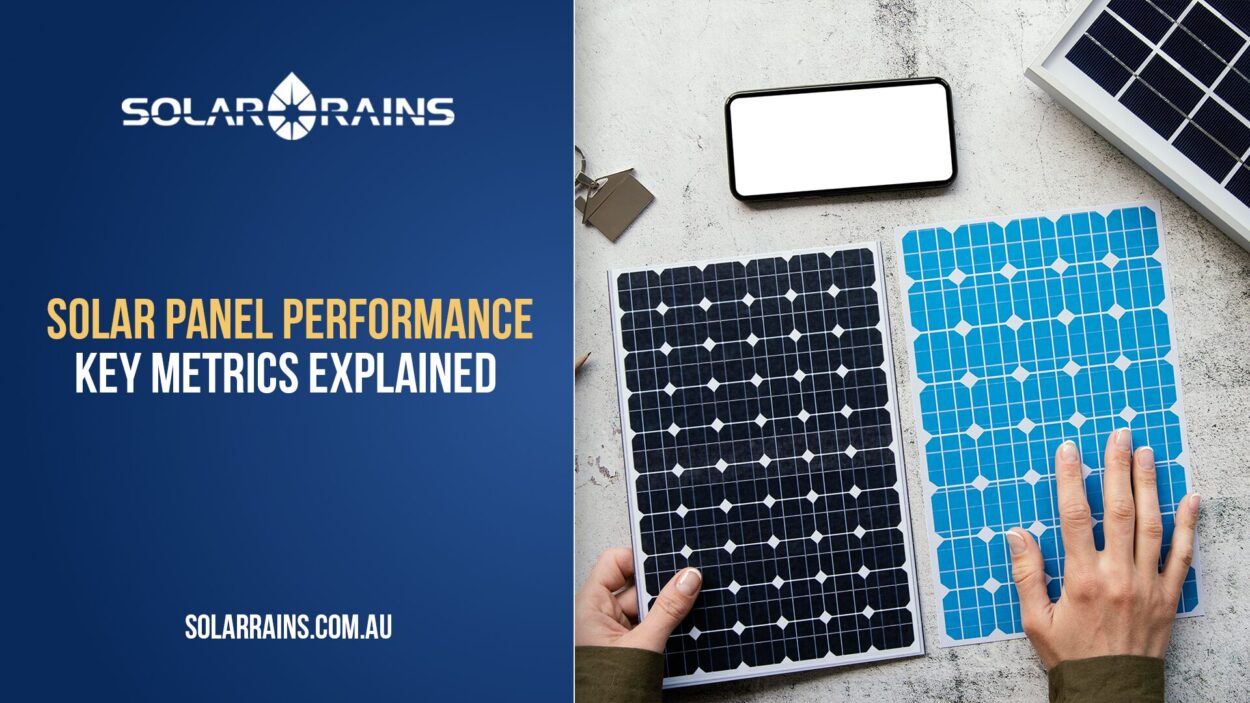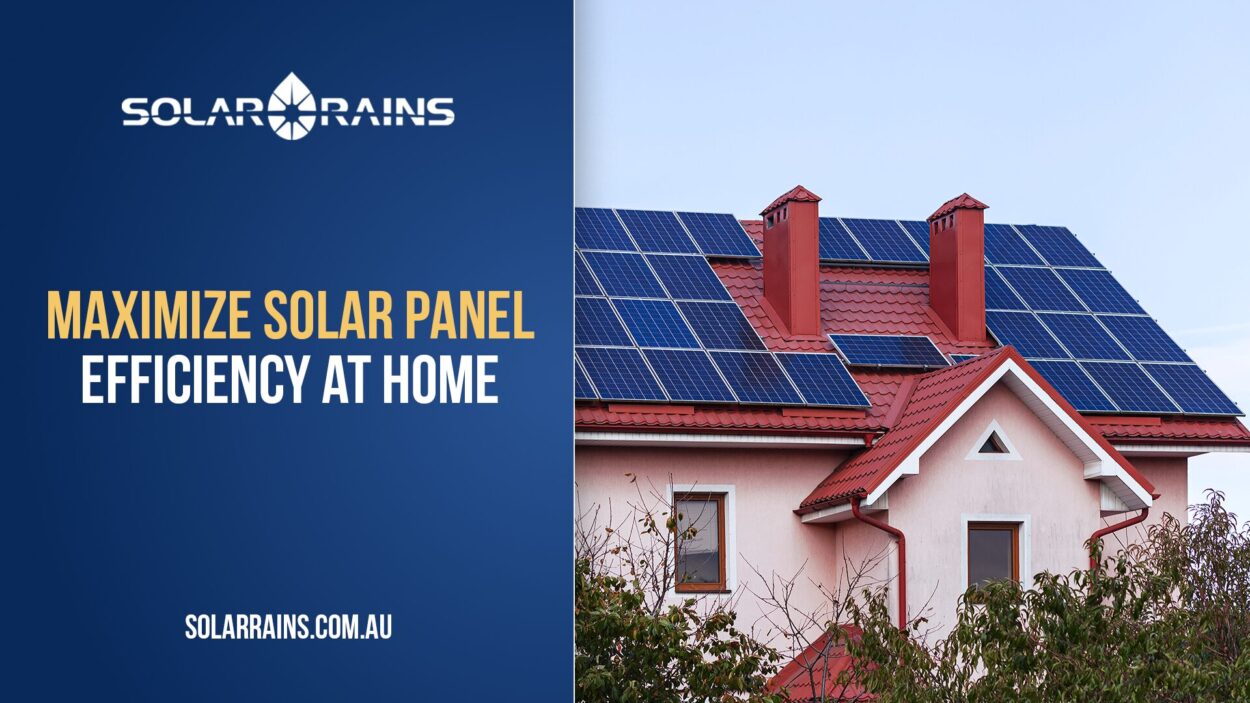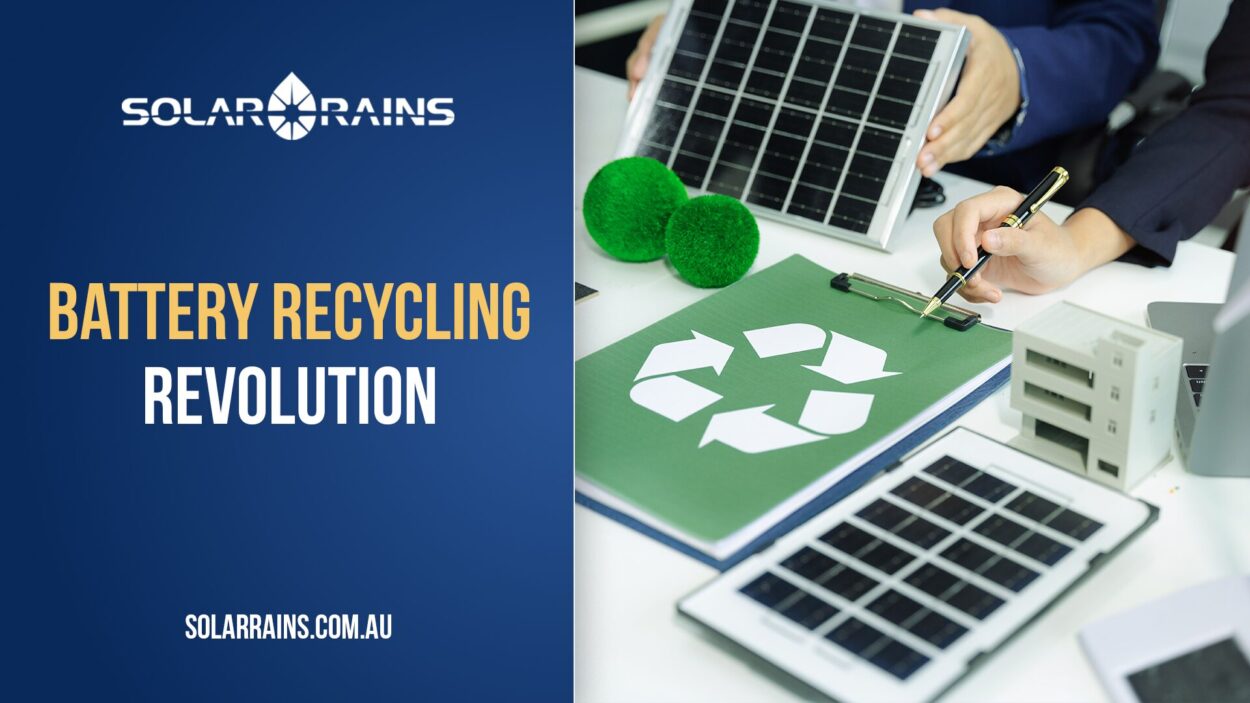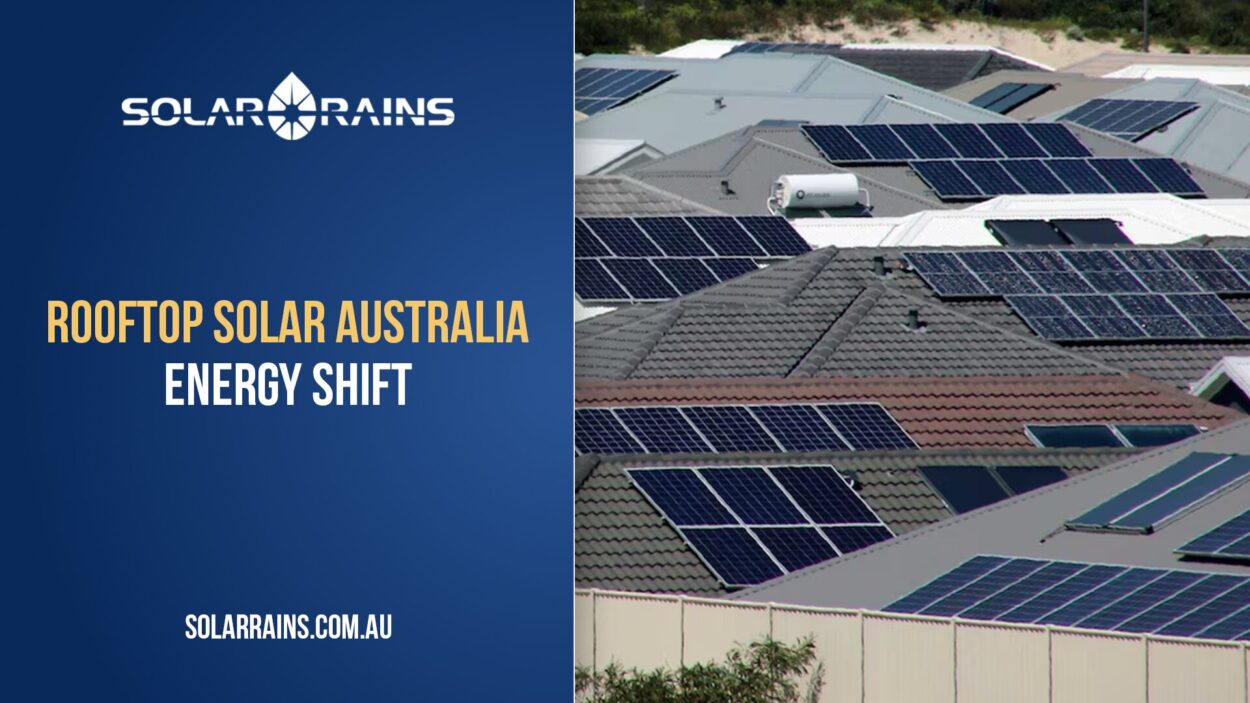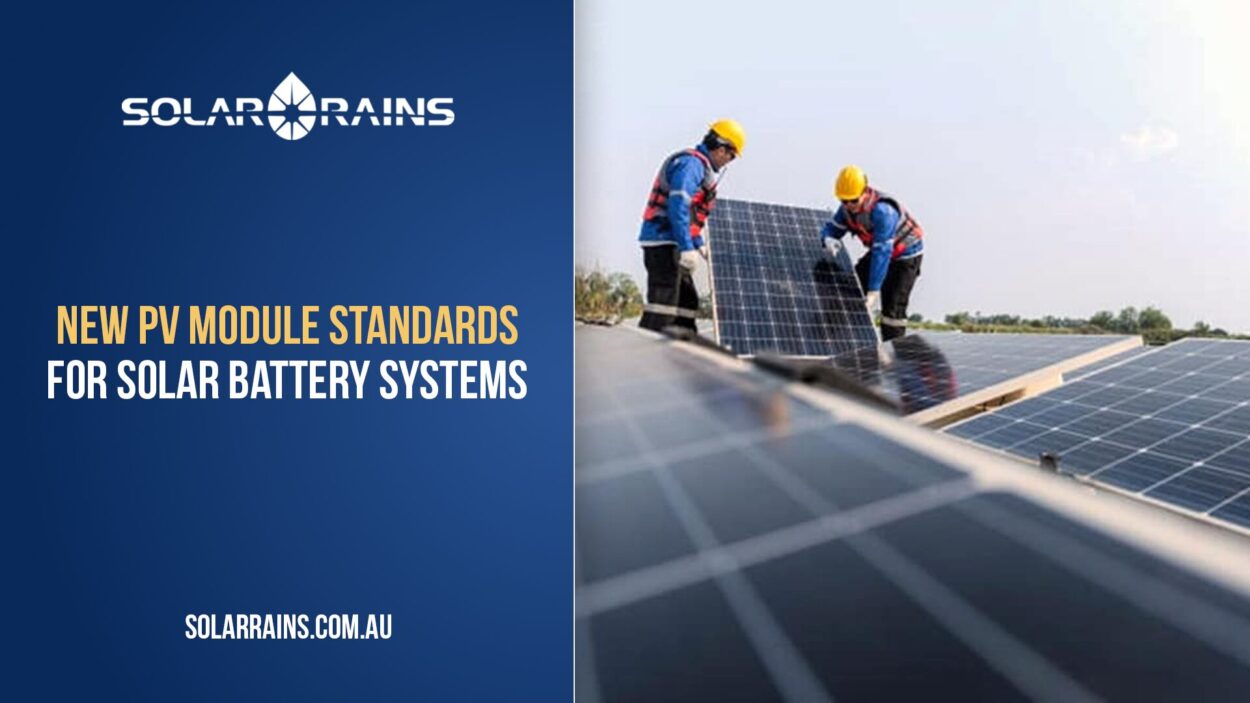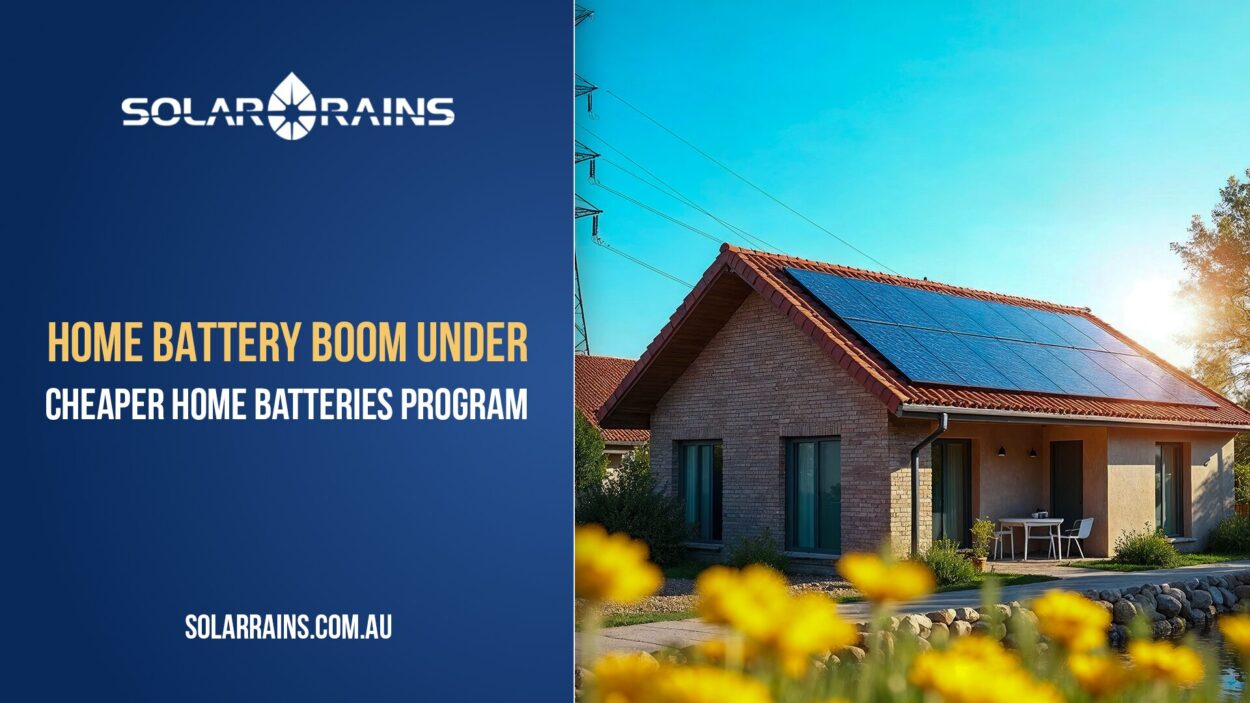Solar battery technology has become a vital component of energy systems for both homes and businesses. Whether you’re a homeowner looking to reduce electricity bills or a business planning for energy resilience, understanding solar batteries is essential. This guide outlines the 10 most important things to know, helping you make informed decisions.
1. What Is a Solar Battery?
A solar battery stores electricity generated from solar panels for later use. It helps balance energy generation and consumption, particularly during non-sunny periods or at night. Most modern systems are lithium-based, offering better efficiency and longer lifespans compared to lead-acid batteries.
2. Types of Solar Batteries
The most common types include:
- Lithium-ion batteries (e.g., LFP, NMC): Known for high efficiency, compact size, and long cycle life.
- Lead-acid batteries: Cheaper but heavier and shorter-lived.
- Flow batteries: Emerging tech with longer life cycles but higher cost.

For both residential and commercial battery needs, Solar Rains offers scalable options tailored to different site demands.
3. Key Benefits of Solar Battery Storage
- Energy Independence: Reduce reliance on grid electricity.
- Bill Reduction: Use stored solar power during peak tariff periods.
- Backup Power: Stay powered during outages or emergencies.
- Grid Stabilisation: Participate in Virtual Power Plants (VPPs) in Australia.
Whether you’re using a residential battery or a commercial battery, these benefits apply.
4. Choosing the Right Size
Battery size is measured in kilowatt-hours (kWh). The ideal capacity depends on:
- Daily energy usage
- Solar system size
- Backup requirements
- Budget
Typical sizes:
- 5–10kWh for residential systems
- 50–100kWh or modular battery banks for small and medium businesses
Always consult your solar supplier or refer here.
5. Hybrid Compatibility Matters
Hybrid inverters allow solar panels and batteries to work together more efficiently. Some systems require replacing your current inverter, while others (AC-coupled batteries) can be retrofitted.
For example, businesses might pair a Deye battery module with a commercial hybrid inverter for enhanced performance. Choosing a hybrid-ready system can also lower future upgrade costs.
6. Installation & Space Requirements
Solar batteries are typically wall-mounted or floor-mounted, indoors or outdoors. Key considerations:
- Ventilation
- Weather protection
- Proximity to inverter
For example, the Dyness commercial battery available on Solar Rains can be installed in commercial utility rooms or outdoor battery enclosures, offering scalability and smart monitoring.
7. Warranty & Lifespan
Most quality solar batteries come with a 10-year warranty or 6,000+ cycles. Lithium-based batteries tend to have better performance degradation curves.
Look for certifications like:
- IEC 62619
- CE/UL
- Clean Energy Council approval (for Australian homes)
Solar Rains provides verified solutions from trusted battery brands to ensure longevity.
8. Financial Incentives & ROI
Depending on location and usage, solar batteries can significantly reduce power bills. In Australia:
- Feed-in tariffs are declining, making self-consumption more valuable
- Battery rebates are available in VIC, SA, and other states
- VPP programs offer credits for sharing stored energy
A 10kWh solar battery in Australia can save up to $1,300/year, achieving payback in 6–9 years, especially with available incentives.
9. Maintenance & Monitoring
Modern batteries are low-maintenance but still require:
- Firmware updates
- Regular visual inspection
- Monitoring app or portal
Avoid:
- Overheating
- Water ingress
- Unapproved DIY installations
Choose batteries with user-friendly mobile apps for live monitoring—most commercial battery solutions on Solar Rains offer this.
10. Solar Battery Myths Busted
- Myth: “Batteries are only for off-grid users.”
Fact: On-grid systems use batteries to reduce peak usage and blackout risk. - Myth: “Solar batteries are too expensive.”
Fact: Costs have dropped ~80% over the past 10 years. - Myth: “I can use any inverter with a battery.”
Fact: You need inverter compatibility (e.g., hybrid inverters for optimal results).
Recommended Brands & Wholesale Options
Solar Rains offers several solar battery brands suitable for residential & commercial projects:
| Brand | Model Example | Capacity Range | Application |
| AlphaESS | SMILE5 | 5–10kWh | Residential |
| Deye | Battery Module + Hybrid Inverter | 10–100kWh+ (modular) | Commercial |
| Swatten | Stackable Battery 9.6–12.8kWh | Scalable up to 76kWh | Residential + SME |
| Dyness | DH100F | 71–100kWh | Industrial |
These products are available via Solar Rains – a trusted solar power supplier across Australia with wholesale distribution options.
FAQs
Residential batteries usually range from 5–15kWh and are compact for home use. Commercial batteries have higher capacities (50–100kWh+) and advanced energy management systems.
No, batteries can also charge from the grid, but solar panels are needed to maximise savings.
Most batteries last 10–15 years, with a gradual reduction in usable capacity over time.
Yes. Choose stackable or modular batteries such as the Swatten system for easy expansion.
Not always. Staying on-grid with a battery lets you access backup while still benefiting from VPPs and grid reliability.
Clean surroundings, inspect connections, and ensure app connectivity for performance tracking.
Choose a shaded, ventilated, dry area. Outdoor installations require IP-rated enclosures.
Minimal, when installed professionally. All batteries sold by solar suppliers like Solar Rains meet strict safety and compliance standards.
Conclusion
Investing in a solar battery is a smart move for energy independence, cost savings, and sustainability. Whether you’re looking at a residential battery or planning a commercial battery upgrade, understanding these 10 core facts will help you make confident decisions.
With support from experienced solar suppliers like Solar Rains and access to top-tier solar products, you’re set to build a resilient energy solution that meets your needs today and scales for tomorrow.
Contact Solar Rains to learn more about wholesale options, installation support, and system design.






